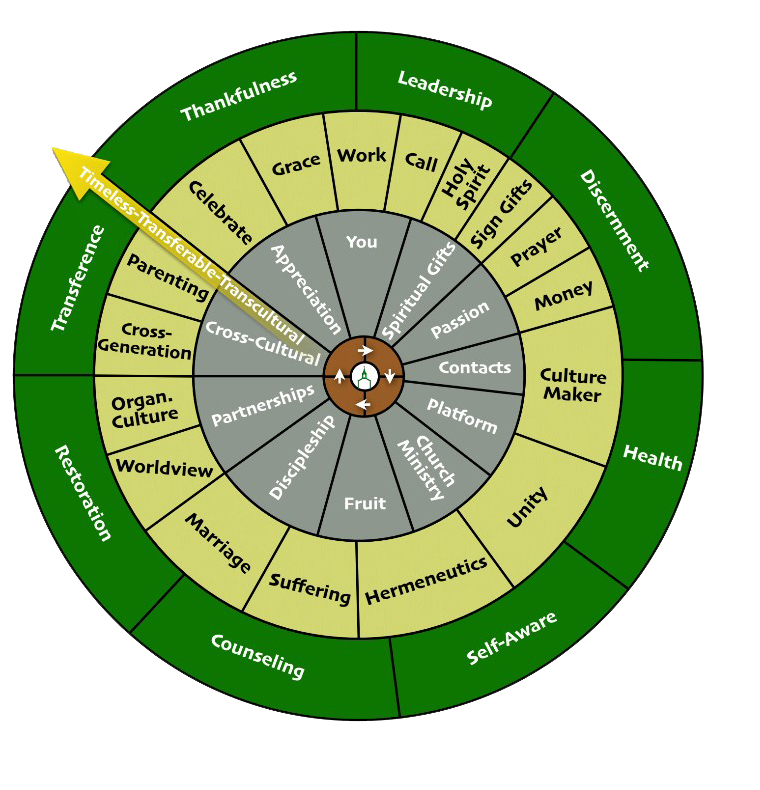Recognizing each person’s growth process is unique, the Discipleship Roadmap (DRM) lessons give relevant corresponding lessons to meet needs and questions of disciples, while also keeping it within a ...

Recognizing each person’s growth process is unique, the Discipleship Roadmap (DRM) lessons give relevant corresponding lessons to meet needs and questions of disciples, while also keeping it within a consistent ecosystem to avoid theological confusio...

• Core Objectives
• Learn cross-cultural mission principles while studying through the book of Acts and other New Testament books.
• Teach how worldview affects every area of life.
• Model critical thinking skills for Biblical exegesis and application.
• Lay out a Customized Discipleship Plan (CDP) to develop mature believers and future leaders within the local church.
Four ways to use the Discipleship Roadmap
Group Approach
Ideal for sequential and group learners and advocates of Biblical theology, this approach takes people through the DRM in order, addressing themes, topics, and God’s Global Redemption Plan. If this approach is not done properly, it will seem like just another class or program that feeds information into the head while neglecting the heart – something that the church does not need! It will take a good, creative disciple-maker, who will be intentional about creating opportunities and giving individualistic, appropriate challenges, to develop the right skills in the hearts of the students.

Need-Based Approach
Great for small groups, this approach gives the group leader the freedom to jump around, covering whole units based on the assessed needs of the leader’s disciples. The disadvantage is that the disciples may not have already had the foundational units needed to fully comprehend the context of the passages and the terms used and referenced from previous lessons. This approach leads to compartmentalized thinking reflective of systematic theology, rather than the holistic Biblical theology in which God revealed Himself. Disciple Makers will need to plan on extra time to refer the group to previous lessons so all students will have the same level of cognitive dissonance that comes from a group approach.

Counseling Approach
Most likely used in a one-on-one, marriage, or conflict-resolution context, this approach should be viewed as a short-term solution to a long-term need that individuals have to be discipled within a group setting. Though biblical counseling can be incredibly effective, it can also take a lot of time from an already busy disciple maker. It takes discernment to know how teachable people truly are and into whom you should invest your time. Because the New Testament model involves communal learning, and the bulk of the world prefers communal learning, the DRM has not been designed primarily as a counseling tool. Most Christian living issues that come up in counseling settings are found in the Discipleship Road Map, Cycles 3 and 4; each level of the material is designed to be increasingly personalized as the disciple maker seeks to work under the guidance of the Holy Spirit to see God’s intended plan and purpose fulfilled in the life of each student.

Self-study Approach
This approach is effective for self-reflective learners and may be necessary if there are no disciple makers available, but it’s the least desirable approach. God intended for us to be in fellowship with one another and to learn from one another while keeping each other accountable. The self-study approach does none of those; thus, it effectually downplays the authority of the local church.

Discipleship Roadmap Master Plan
At the heart of the Kerusso Media ecosystem is the Discipleship Roadmap (DRM). It is a four-tiered level curriculum, centered around the authority of the local church and a multi-dimensional learning cycle allowing for at least four ways to use the holistic material that models good consistent bible study skills, integrates missional concept with discipleship, addresses key Christian living topics, and funnels potential leaders into active participants.






